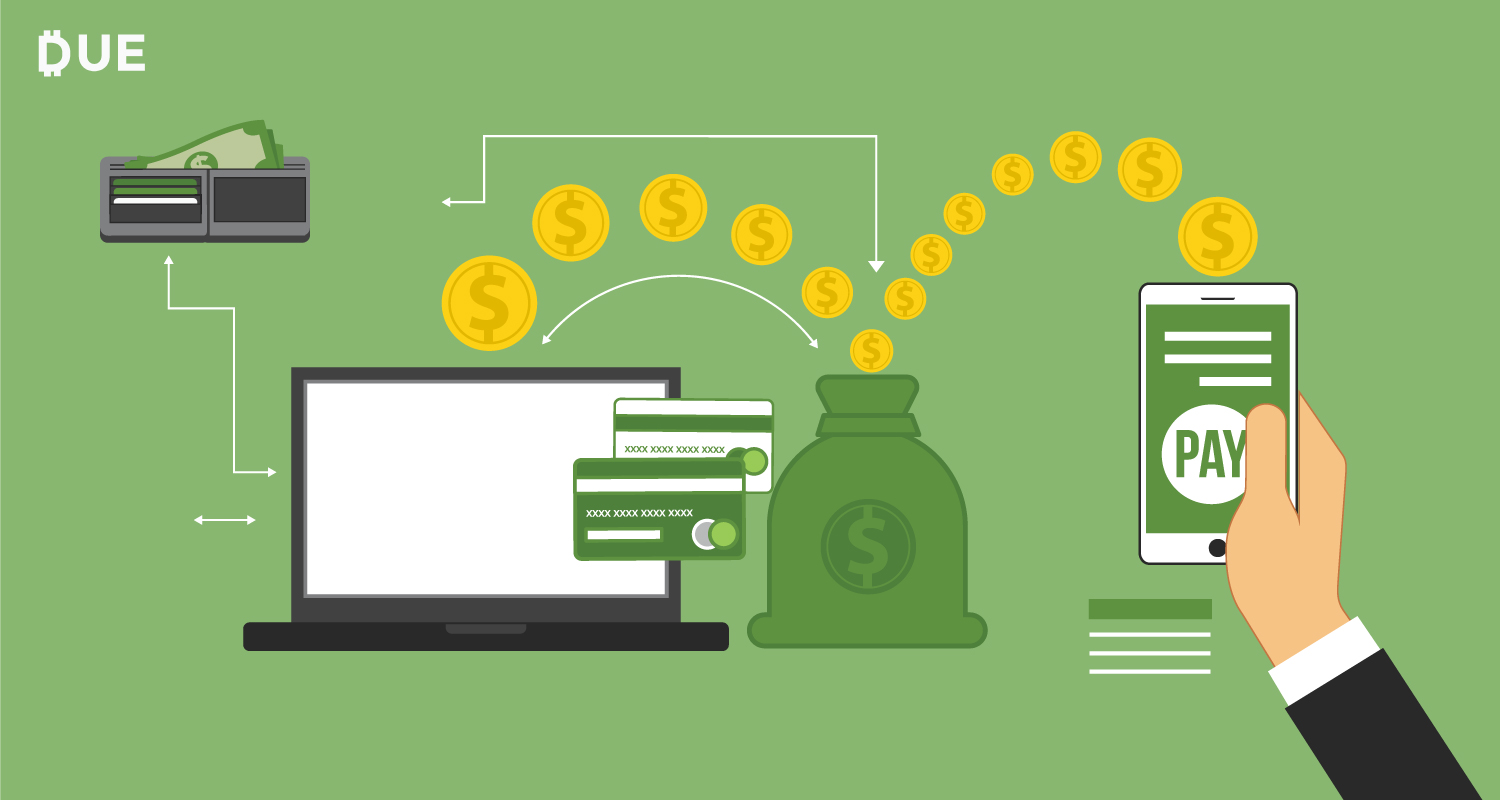One of the biggest pitfalls of most small business owners is the inability to properly manage their cash flow. Good news is you don’t need to be a finance whiz to keep your cash flow in order. That said, you do have to develop a strategy that fits into your schedule and your business model.
Table of Contents
ToggleHere are five cash flow management tips that will significantly improve your business’ financial health:
Know Your Breakeven Point
Your breakeven point is the point at which your revenues will meet your expenses. Once this figure is established you’ll need to pay close attention to its position as you scale your business. This figure is a very simple measurement of success for new businesses. Being able to identify this point and perform the necessary actions to achieve it is great practice when it comes to cash flow management as a whole.
Streamline Your Accounts Receivable
When invoicing your clients try your best to limit delays between payments. If possible – ask for your invoices to be due immediately. If that’s not an option, always try to limit net terms to be no longer than 10 days. Make sure these terms are agreeable to clients before engagement and there shouldn’t be any issues when you actually issue the invoice.
Extend Your Accounts Payable
Just as you want to expedite your account receivables you want to do the exact opposite with your payables. When you work with various vendors and suppliers try to extend your payments as much as possible. Whether you’re able to extend payments to net 30 to 60 days or even break payments up into monthly installments it will help your cash flow. If you opt in to monthly payments however I do not recommend paying any interest if you don’t need the loan. It’s best to avoid debt at all times.
Be Very Frugal With Spending
This seems like an obvious one. Truth is, business owners often fail to identify which expenses are absolutely essential for growth and which one’s aren’t. With some many tools and softwares available to us that are being marketed as the one-stop-shop solution to our problems it’s tough not to buy in.
When developing your budget you want to separate expenses into two buckets: necessary and nice to have. The necessary bucket should only include expenses that directly correlate to the growth of your business. For example, if you own an online store you’ll need to integrate with a payments solution to accept payments. The resources and time spent on the integration may be expensive but it’s absolutely necessary for you to accept payments if you want to generate revenue. That said, this would go in the necessary bucket.
Maintain a Cash Reserve
Every entrepreneur or business owner will tell you that the unexpected will always happen. It’s close to impossible to accurately predict your expenses since disaster may and will likely strike at some point in your journey. If you’re able to maintain a cash reserve then you will be able to maneuver out of these shortfalls easily. I recommend keeping at least three to six months of runway (basic operating expenses) in a cash reserve at all time. If you need to dip into these reserves, make sure you’re consistently replenishing the reserves. If you are diligent about maintaining a cash reserve you can be confident that your business will be able to survive when the unexpected occurs.
Final Thoughts
Any new business owner needs to understand that the majority of businesses fail due to the lack of or misuse of capital. While this is a proven statistic it doesn’t mean you need to fall into that category. Follow the above cash flow management tips as well as other money management suggestions so you can keep your business financially strong.















